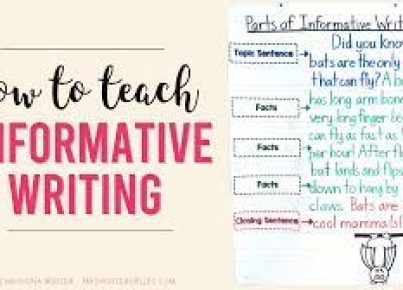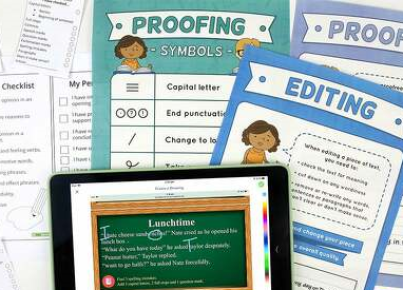Narrative writing is an essential component of a well-rounded education, as it helps students develop creativity, critical thinking, empathy, and communication skills. As such, both students and teachers should master certain techniques to improve their narrative writing abilities. Here are the top 7 narrative writing skills that can benefit both students and teachers.
1. Engage readers with a strong opening
The first few lines of any story are crucial for capturing the reader’s attention and setting the tone for the rest of the narrative. Begin by introducing an interesting character, setting, or situation. Avoid clichés or generic openings; try to make your introduction unique and intriguing.
2. Develop dynamic characters
Strong characters are at the heart of any good narrative. Make the protagonist relatable by giving them realistic flaws, dreams, motivations, and emotions. Additionally, ensure that secondary characters also have their own distinct personalities—this makes your world feel more layered and believable.
3. Utilize effective dialogue
Dialogue can reveal a lot about a character’s personality, beliefs, and emotions while driving the plot forward. Write natural-sounding dialogue that showcases each character’s distinct voice and avoids stilted language or excessive exposition.
4. Show, don’t tell
One of the most fundamental principles in narrative writing is “showing” rather than “telling.” Instead of explicitly stating how a character feels or what happens in the story, use descriptive language to paint a vivid picture for readers. This helps provide an immersive experience and allows readers to fully engage with the story.
5. Create tension and conflict
Conflict is essential to developing a captivating plot and keeping readers engaged throughout your story. Introduce problems or obstacles for your characters to overcome; these can be external events or internal struggles. The more tension you build in your narrative, the more satisfying it is when your protagonist eventually triumphs.
6. Incorporate various literary devices
Using literary devices like foreshadowing, irony, symbols, imagery, and metaphors helps to deepen your story and make it more engaging for readers. Experiment with these devices to give your narrative more substance and make it stand out from the competition.
7. Edit and revise ruthlessly
The editing process is crucial for refining and improving your narrative writing skills. Be prepared to cut unnecessary scenes or lines that don’t contribute to the story or character development. Revise your work multiple times, focusing on clarity, pacing, and grammar. Receiving feedback from peers or teachers can be immensely helpful during this stage.
By focusing on these 7 narrative writing skills, students and teachers alike can hone their craft and develop compelling stories that engage and inspire readers. Whether they’re penning fictional tales or sharing real-life experiences, these techniques will help writers create unforgettable narratives that resonate with audiences.




